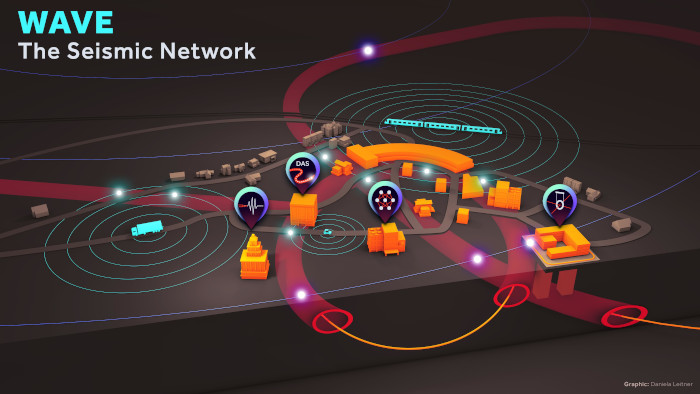
The WAVE Team

University of Hamburg
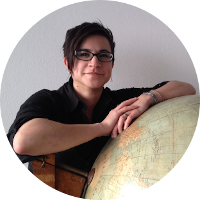
Prof. Dr. Celine Hadziioannou
Coordinator
Affiliation: University of Hamburg
Website: celine.hadzii.com, UHH Seismology
Publications: Google scholar
Interests: Prof. Dr. Celine Hadziioannou is fascinated by exploring the information contained in seismic signals recorded in the absence of earthquakes, during seismically quiet times. Usually, these signals, which compose over 90% of seismic recordings worldwide, are discarded as ‘noise’. It turns out, however, that they consist of seismic waves, which carry the imprint of the sources that generated them, and of the material that they passed through.
Prof. Hadziioannou is interested in “listening” to this noise with new sensor types such as DAS, using it to monitor changes in the subsurface and buildings, and understanding the sources of seismic noise.
Collaborations: SPIN, an Innovative Training Network (ITN) funded by the European Commission (Horizon 2020), which focuses on using the latest ground-motion sensing technology to improve the monitoring of geohazards.
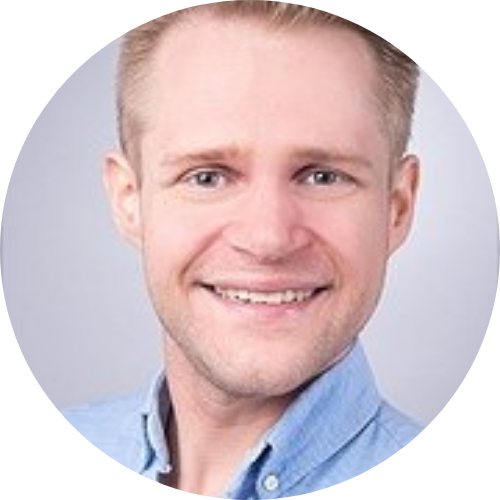
Prof. Dr. Oliver Gerberding
Coordinator
Affiliation: Institut für Experimentalphysik, University of Hamburg
Website: Gravitational wave detection
Publications: Google Scholar, ORCID
Interests: Oliver Gerberding works on reducing seismic and control noise in gravitational wave detectors with the help of compact interferometers and inertial sensors. He studies methods to use distributed acoustic sensing to optimise seismic isolation systems in current and future detectors. His group also investigates methods to reduce the influence of scattered light in laser interferometers.
In addition, he also works on developing technologies for space-based detectors like LISA and moon-based detectors like the Lunar Gravitational Wave Antenna (LGWA).
Collaborations: LIGO-Virgo-Kagra Collaboration, Einstein Telescope Collaboration, LISA Consortium, LGWA Collaboration
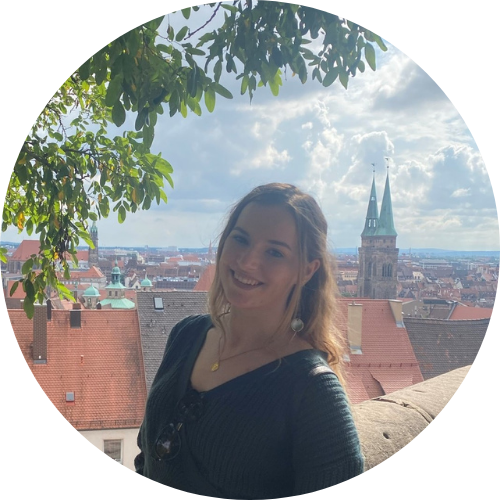
Antonia Kiel
Affiliation: Institute of Geophysics, University of Hamburg
Interests: Antonia Kiel works in the field of seismology and machine learning. In the context of the CLICCS excellence cluster of the University of Hamburg, she worked on monitoring shallow groundwater in the urban area using ambient seismic noise. Using the distributed acoustic sensing data of the WAVE project, she compared different unsupervised clustering methods to detect different noise sources at the fiber, coming up with a workflow under what circumstances a particular clustering method should be used.
Collaborations: CLICCS
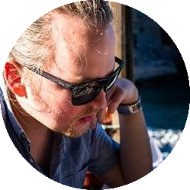
Dr. Alexander Bauer
Affiliation: Institute of Geophysics, University of Hamburg
Website: Researchgate
publications: Google Scholar
Interests: With a methodic background from exploration seismology, Dr. Bauer has spent the past decade working on seismic data characterization by means of wavefront attributes, tomographic velocity model building and wavefield separation - the latter mainly for the separation of reflected and diffracted (scattered) wavefields. Most recently, Dr. Bauer has utilized machine learning methods for wavefield separation and for the prediction of earthquake waveforms.
Collaborations: ErUM-WAVE
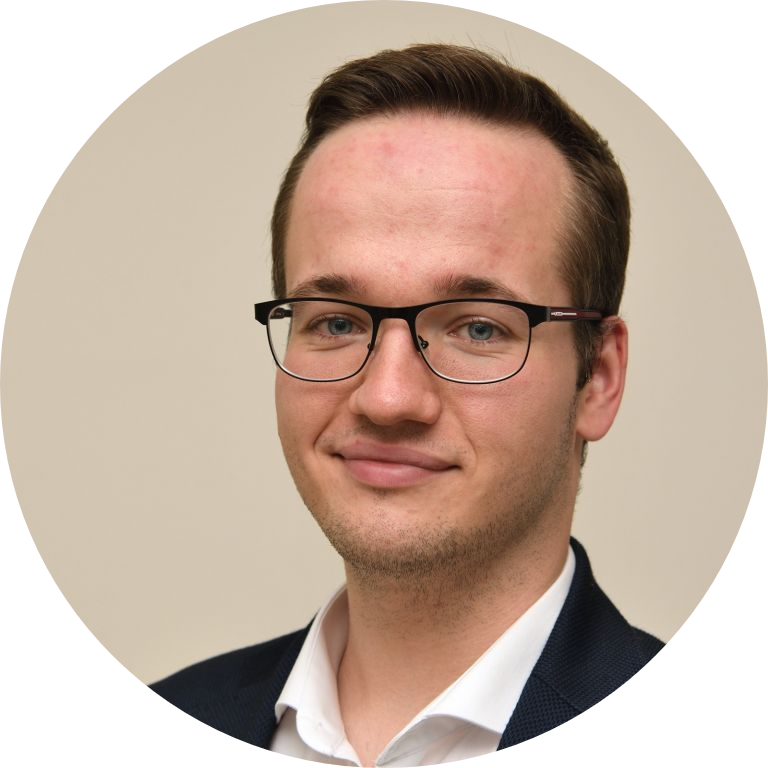
Oliver Bölt
Affiliation: Institute of Geophysics, University of Hamburg
Website: Oliver Bölt Profile
Interests: Oliver Bölt is a doctoral researcher in the field of machine learning in geophysics. Using deep learning and seismic interferometry, he worked on determining transfer functions of seismic data. His current work focuses on applying machine learning methods to large distributed acoustic sensing datasets with the aim of automatically detecting and classifying different types of seismic signals.
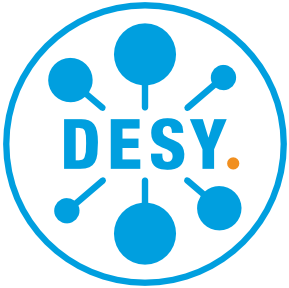
DESY
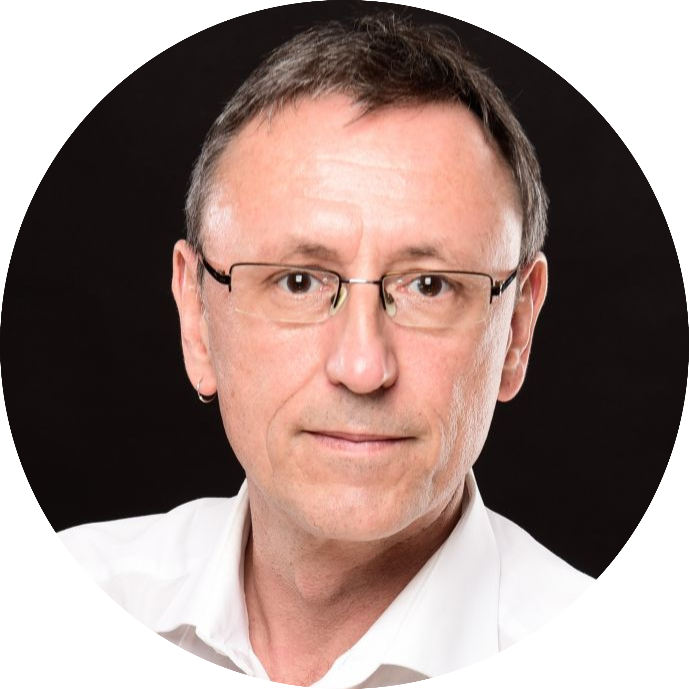
Dr. Holger Schlarb
Coordinator
Affiliation: Deutsches Elektronen-Synchrotron (DESY)
Website: Machine Beam Control group, desy.de
Publications: Scientific Journal Articles, ORCID
Interests: Holger Schlarb and his group MSK are responsible for the longitudinal and transverse beam stabilization systems of accelerators at DESY, covering a wide field ranging from femtosecond synchronization, special beam diagnostics, precision, real-time RF and beam feedback controls. Since environmental impacts of seismic and acoustic noise on accelerators can be severe, even a limiting factor for certain accelerator parameters, research using seismometer and iDAS to better understand, to be able to predict and ideally to mitigate vibrational noise source has become a new research focus in the accelerator beam controls group MSK.

Dr. Markus Hoffmann
Affiliation: DESY
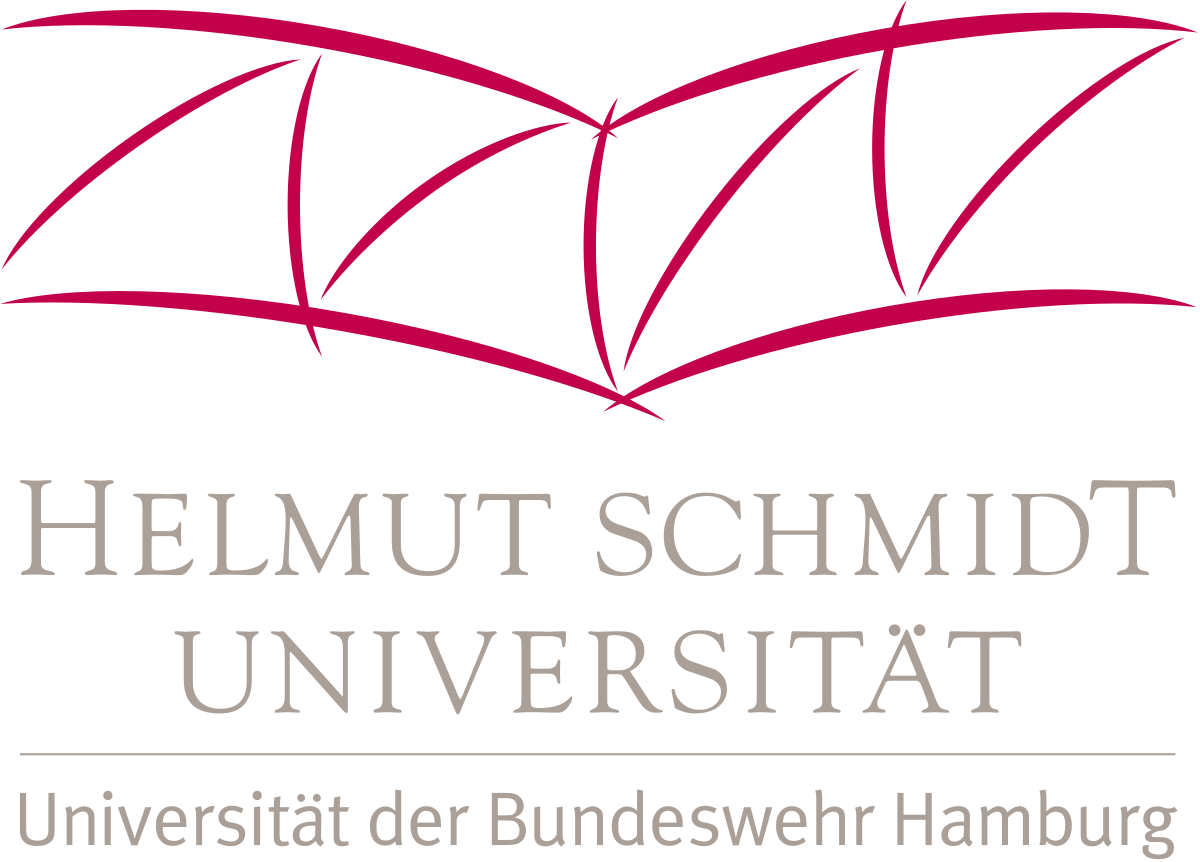
Helmut Schmidt University
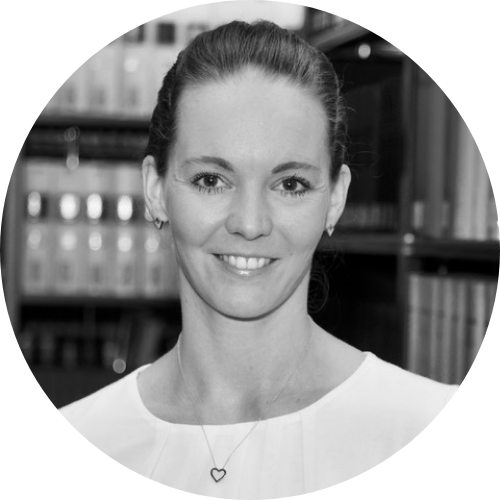
Prof. Dr. Katharina-Sophie Isleif
Coordinator
Affiliation: Institute of Automation Technology at Helmut Schmidt University
Website: Metrology Group
Publications: Google Scholar
Interests: Prof. Dr. Katharina Isleif is a physicist engaged in the field of gravitational wave detection. Specifically, she focuses on modeling and mitigating Newtonian noise using seismic sensor networks for the "Einstein Telescope“, a next-generation gravitational wave detector planned in Europe. By advancing broadband seismic fiber sensors through precise laser interferometry, she contributes to the refinement of technologies for seismic measurements at frequencies below 10 Hz.
Collaborations: Einstein Telescope (ET), ALPS
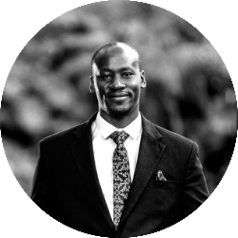
Reinhardt Rading
Affiliation: Institute of Automation Technology at Helmut Schmidt University
Website: Metrology Group
Personal Website: reinhardtrading.com
Publications: Google Scholar
Interests: Reinhardt uses optical metrology to develop high-precision optical sensors for earth monitoring, space exploration, defense, and high-capacity optical communications. He's working on eliminating both coherent and incoherent noise within the distributed optical fiber sensor systems; useful for research facilities demanding high sensitivity, such as the Einstein Telescope.
Collaborations: Einstein Telescope
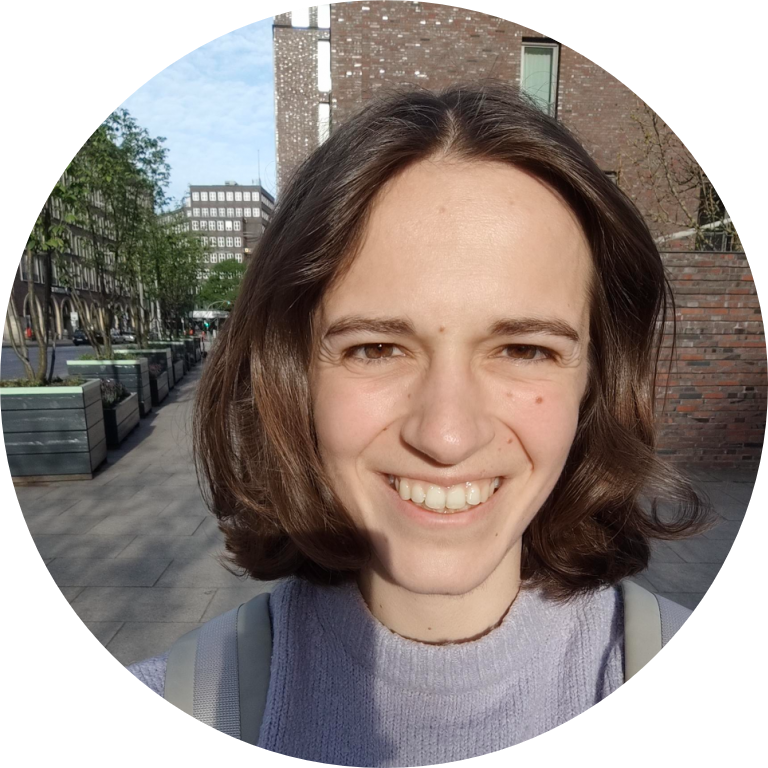
Wanda Vossius
Affiliation: HSU Metrology
Website: HSU Metrology Team
Interests: Wanda Vossius works on fibre sensors for Newtonian noise mitigation in the Einstein Telescope. She is also involved in outreach activities within the WAVE project.
Collaborations: Einstein Telescope Collaboration, LIGO Scientific Collaboration
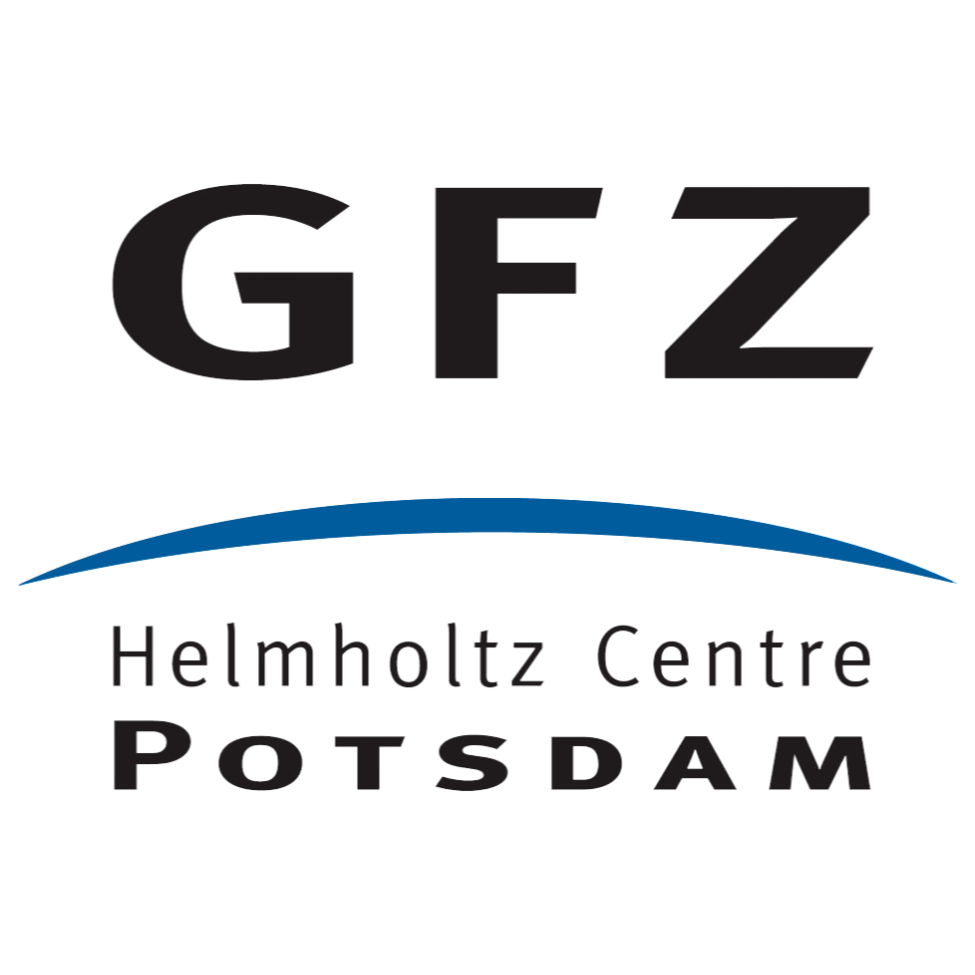
GFZ
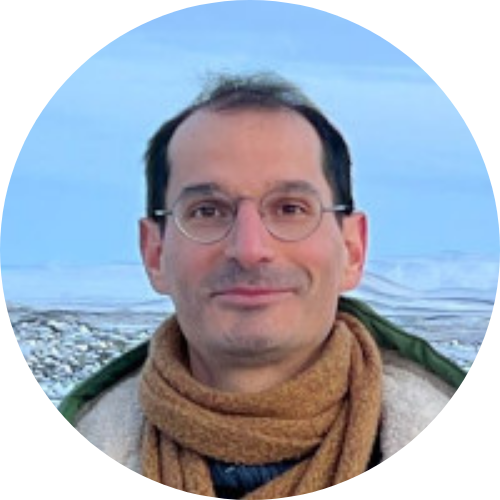
Dr. Christopher Wollin
Name: Dr. Christopher Wollin
Affiliation: Helmholtz Center Potsdam, German Research Center for Geosciences (GFZ)
Website: gfz-potsdam.de
Publications: ORCID
Interests: Monitoring and Exploration with Distributed Fibre-Optic Sensing, e.g. DAS; Slow and Static Strain Monitoring; Inversion for the Crustal Stressfield; Automatic Identification and Timing of Crustal Phases; Location, Relocation, and Kinematics of Earthquakes; Multidimensional Cluster analysis; Markov-Chain Monte Carlo Methods
Collaborations: SENSE, geoPuR
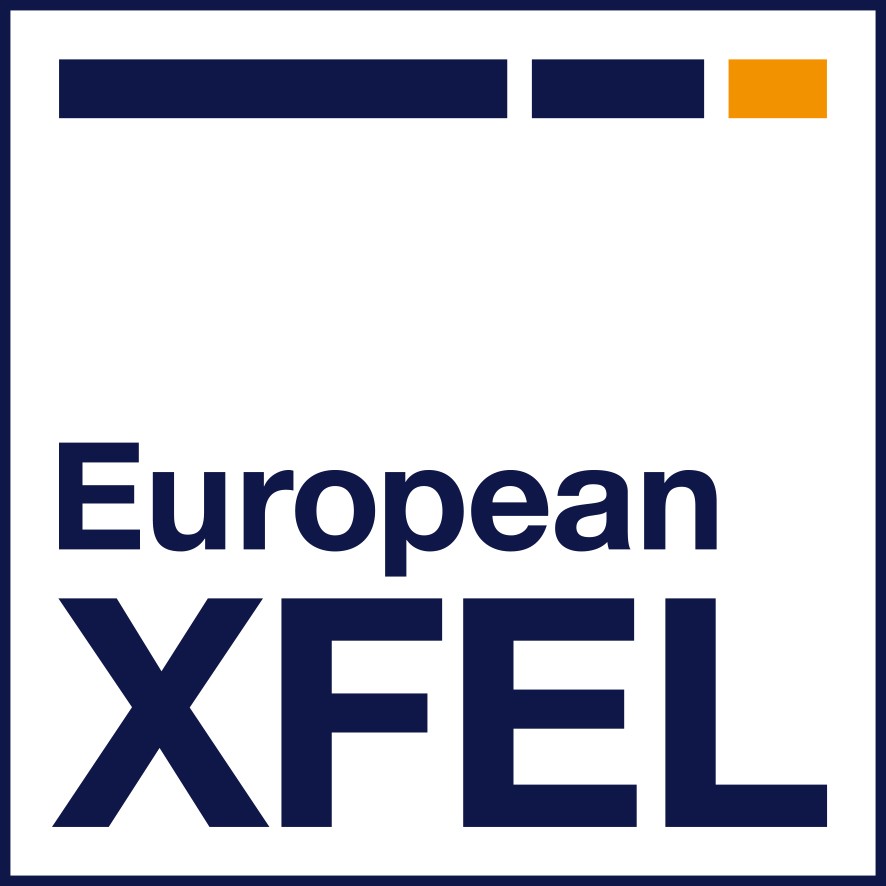
XFEL

Dr. Immo Bahns
Name: Dr. Immo Bahns
Affiliation: European XFEL
Publications: Researchgate, ORCID
Interests: Dr. Immo Bahns is an expert in the field of nondestructive interactions of powerful electromagnetic waves with Bragg reflectors, with a primary emphasis on thermoelastic wave propagation and interferometric detection. He currently holds the position of project manager for the X-ray Free Electron Laser Oscillator (XFELO) demonstrator project at the European XFEL.